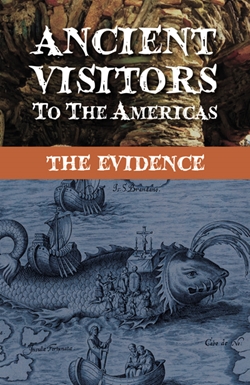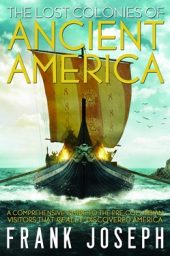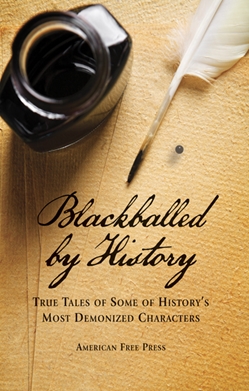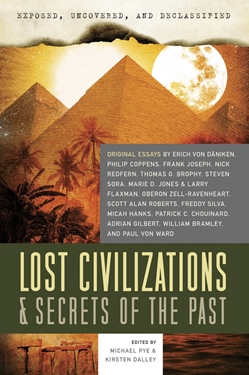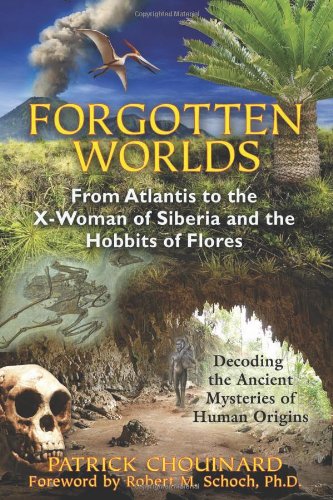Description
Ancient Visitors to the Americas: The Evidence covers the mountain of evidence that exists—consistently suppressed by mainstream historians—proving that not only Vikings and other European cultures made it to America centuries before Columbus, but that Asians and Arabs made it to North and South America as well.
This book will serve as a whirlwind tour of the subject and is by no means an encompassing study. If it were, the book could literally have been thousands of pages long! Articles included in this fascinating anthology include ones on the Kensington Rune Stone, the Vikings and Templars in America, the Irish in ancient America, ancient copper miners in North America from the bronze age, the fractious Burrows Cave debate, the ancient white ancestors of many American Indian tribes, Phoenicians in America, ancient Chinese and Japanese artifacts found in Central and South America, the Newport Tower mystery, pre-Columbian maps of the Americas and the many Old World scripts found carved on stones in the Americas—including one of Minoan origin—plus much, much more.
Softcover, 183 pages


